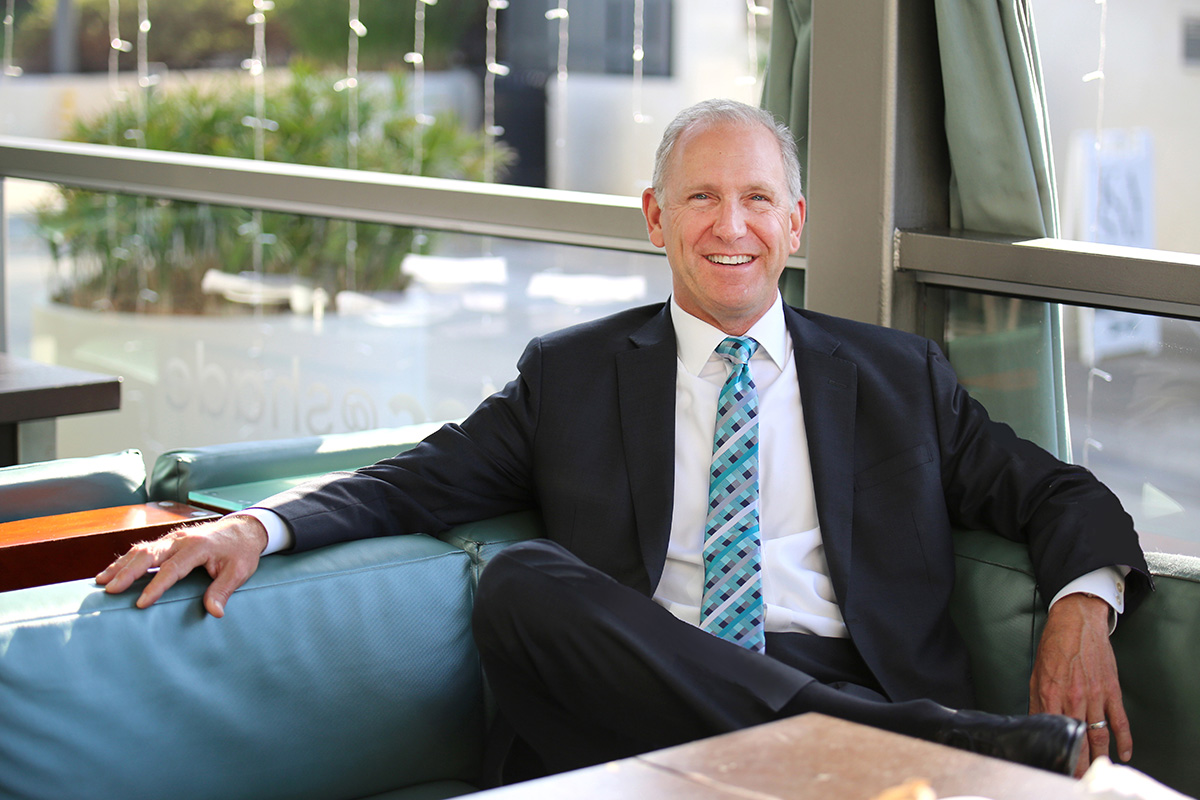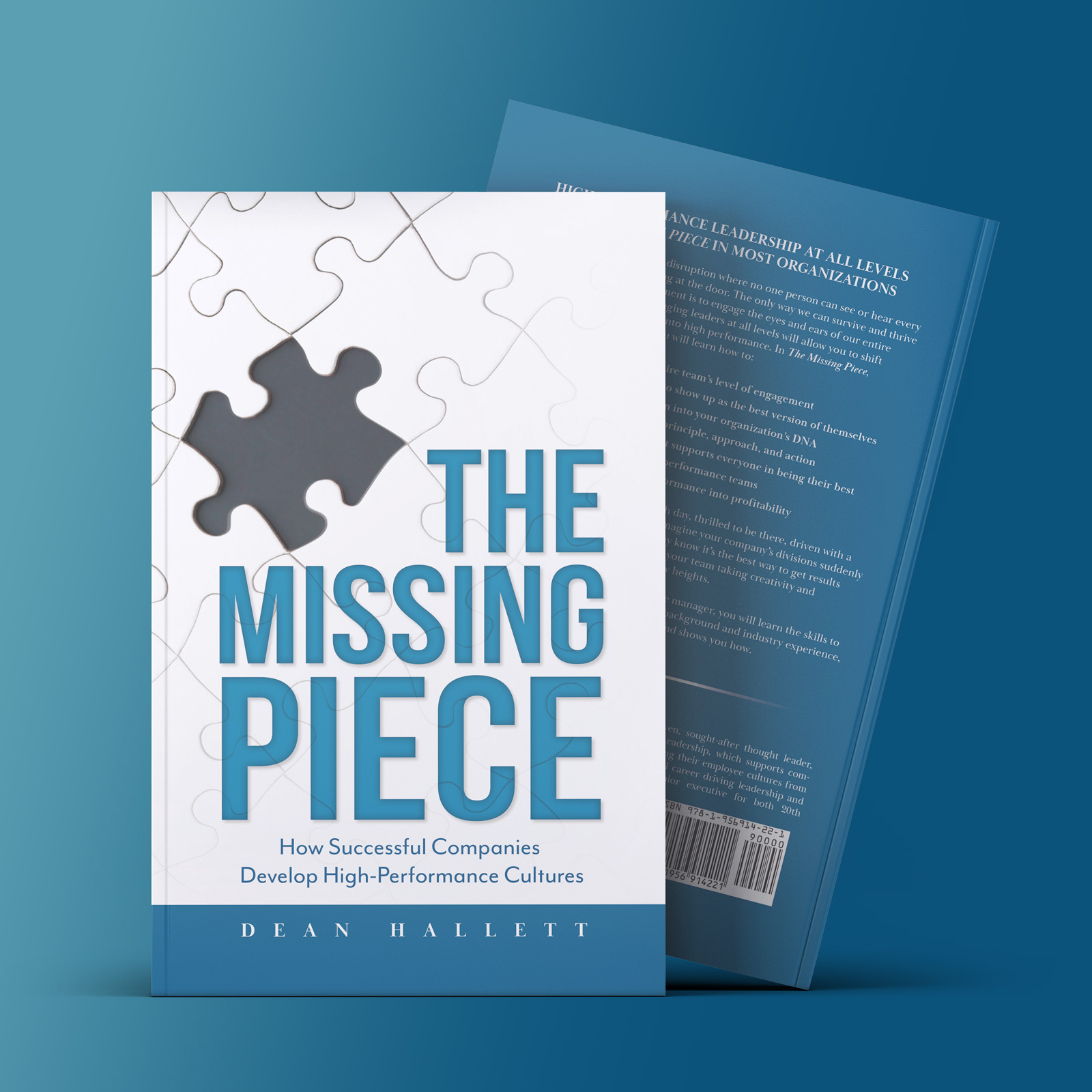Arriving at 20th Century Fox
When I first came in to 20th century Fox, it was very entrepreneurial. There was no leadership development program – but we’ll get to that in a moment. I was excited to be there. The first day I came in, the CEO of the studio came up to me, gave me a big hug and said: “You’re the CFO. You can do anything. Get involved in any project you want. You can go to any meeting you want. You don’t need to ask permission. You’re one of us, you’re part of the leadership team.” This was really refreshing for me that, a CFO or a Head of Finance was actually being embraced to that degree.
What I saw were a number of division presidents that were incredibly passionate about their businesses, really smart. Everyone would roll up their sleeves and work together to solve problems. What I didn’t see was leadership development. I didn’t see people being developed so that they could lead teams and get results through their teams, through people as opposed to their own individual performances.
The Genesis of An Internal Leadership Development Program
I came in right after 9-11 and the training budget had been cut to zero. So I went to the HR department and I convinced them that we should bring somebody in to do some leadership training and development. And we did some of that with the senior management team. Initially, we actually did three, one-and-a-half day workshops with the senior management team and created a much greater level of mutual trust and respect among members of the leadership team.
At one point I decided that what I needed to do was build my own bench in finance. It started very informally. I took people from different areas of finance. We had finance teams in each one of the divisions, and I brought them together in-person from some of those divisions. I think we started with five or six people in the first leadership development program.
I call it a “program.” All I did at the outset was say to them: “Come to breakfast every Tuesday, spend an hour with me and let’s talk.”
We talked about life. What was happening with them personally in their lives. What was happening in my life. What was happening with the company, what strategies we were doing at the company, what the competition was like out there and how we were addressing it. We started to give those people a broader perspective of the company as a whole, and to enable them to develop a stronger relationship with me. So we had a connection.
We gave them a project during the program where we gave them something simple, relatively simple. We said, find a way – we don’t care where – to save $5 million for the company. And we were a $6 billion revenue company. So $5 million, wasn’t such an exorbitant amount that it would be impossible for them to find.
They came up with some interesting ideas, such as how to retain people more effectively. Again, really with a finance focus when we first started, because those were the people who were in the program.
After three cycles of this, HR came to me and said: “you know, it’s not fair that you’re just doing this program for finance. You need to do this for the whole studio.”
That was a little concerning for me because I felt comfortable having my own team in this program. I was concerned that if I did the same experiential exercises that I had been doing with finance folks with people from other divisions, I might have division presidents coming back to me saying: “what are you doing with my people?” I didn’t really want to have to explain myself.
In these programs, there’s a level of trust and respect that’s developed. And when you do an experiential exercise, all of a sudden, if you’re looking at that from the outside in, you might think that it’s completely inappropriate. But people in the program feel comfortable being in these exercises and giving them receiving feedback or evaluating each other’s performance in a way that is much more direct. Some might say confrontational.
However you describe it, communications among members of the program are much more direct than what they are normally used to within their own business ranks. So I didn’t want to have to be concerned about division presidents thinking I was dealing with their people inappropriately.
Ultimately, we did launch a round four leadership training program across the entire studio. We created more formal activities in it: a much more structured curriculum with these experiential exercises in them. We ran that leadership development program for about eight cycles across the whole studio over a 15 year period, including the earlier programs with finance. Lots of really smart people came through that program, great people to work with. Once we started developing the leadership skills of people throughout the enterprise, I found that people across the studio were working more openly and collaboratively with each other. We were actually going after bigger goals than we had before.
Through this, it became apparent to me that I had a passion for personnel development, human development.
This program that we developed at 20th Century Fox is now Hallett Leadership’s Accelerated Leadership Program (ALP).
From Exceptional Performance, To Facilitating Exceptional Performance
Personal development became part of my life early on when I did a personal growth / self-awareness training exercise. I didn’t realize how much from that initial experience I could incorporate into developing people in a business environment. Once I made that connection, I realized that I myself had the potential to grow through every one of those programs – just as much as the participants. I really encourage people inside the programs to take accountability and responsibility for each other. And I tell them all the time: “make this program yours.”
Every program group is unique – but the truth is that at some point on journey, each program will get stuck. They’ll have moments in time where they’re just not moving forward in terms of their own growth as a whole. When this happens, I get the opportunity to look inside and reflect and ask myself:
What do I need to do differently?
I’m growing at the same time as the participants because I’m reflecting on how I might need to adjust my behavior, or how I need to inspire them to step up and lead. I get growth through this process, every time. So the transformation for me in my life and career has been one of getting results through people, through my coaching style – and having that take priority. Getting results through coaching and facilitating became more of a passion for me than actually creating individual results myself.




